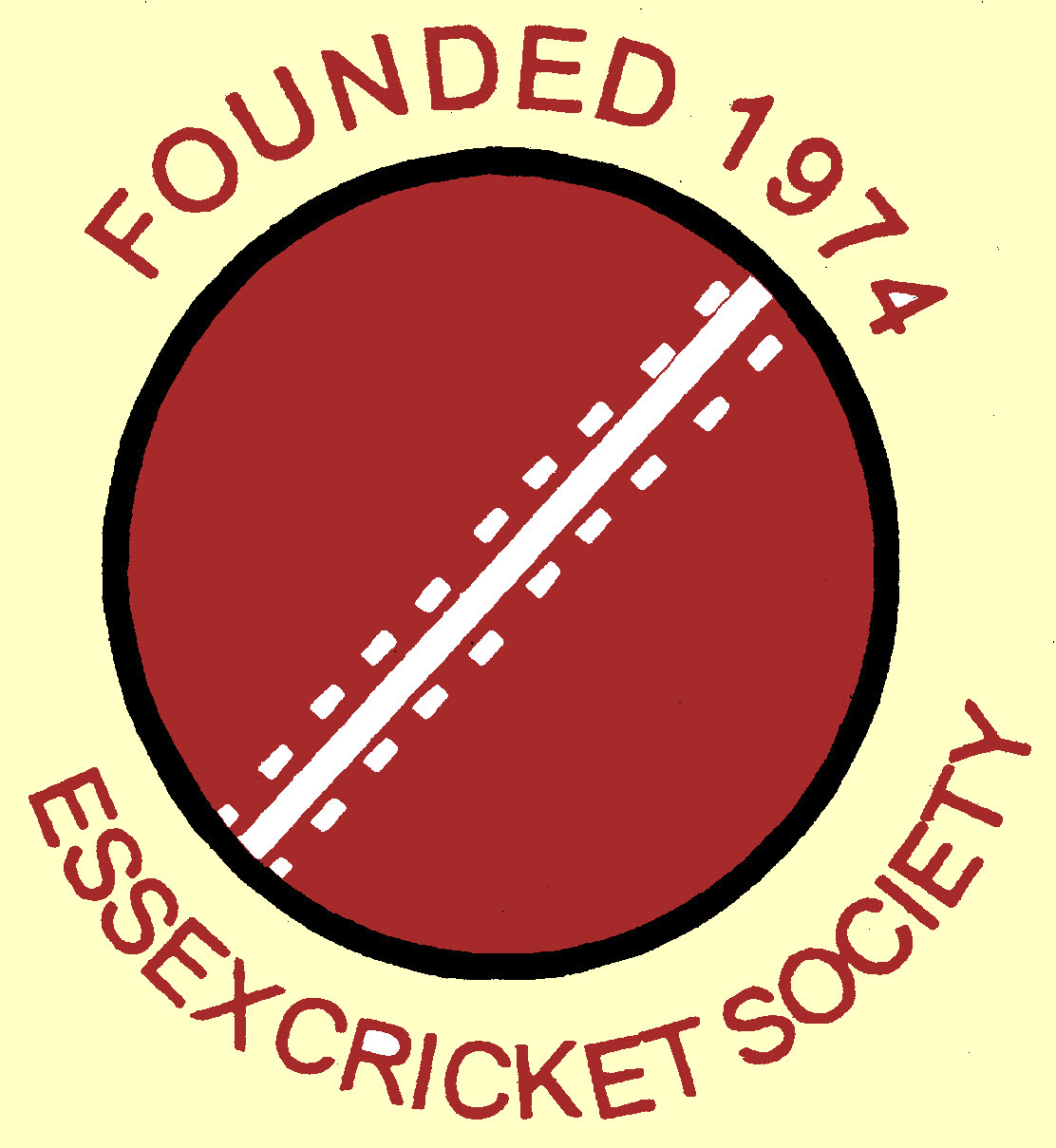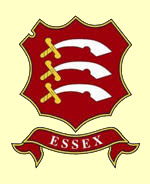Tales from the Boundary
Freddie Brown Remembered
The bulk of my education was centred around an eight-year ‘sentence’ at a private boarding choir school which provided the choral input to services at a succession of London ‘society’ churches in the immediate post-war period. In 1952, quite inexplicably – so far as any of us ‘prisoners‘ were concerned – it moved to the sleepy Northamptonshire village of Grafton Regis where, within a few short months, its choral function duly died a predictable death. The ‘Regis’ was appended following the secret marriage there in 1464, at the height of the War of the Roses, of the 21-year-old Yorkist king Edward IV to the Lancastrian widow Elizabeth Woodville. This union proved more successful than one might have imagined given the blood-soaked thirst for power that raged between their respective ‘houses’ at the time.
Our life as pupils at this school resembled that which those poor souls entrusted into the care of Wackford Squeers in Dicken’s Nicholas Nickleby must have endured. Our headmaster delighted in beating we boys into submissive acceptance of his omnipotent power over all matters concerning our general welfare: we were to be seen and not heard. Although he would claim that the thrashings he administered hurt him more than they did us, I was never convinced. It seemed to me that he enthused over them with a relish that Dracula might enjoy as he lowered his teeth into the neck of his next victim.
He was totally blind to the benefits that sporting activity can bring to body and mind, so such matters were relegated to the periphery of the curriculum. The school didn’t boast a sports field as such, just a rough paddock which was kept mown in the summer months. It was unsuitable for any meaningful activity but it was all we had for either football or cricket. There were never enough of us to make up an 11-a-side contest in either discipline, though five-a-side football was manageable so long as we accepted that there were no proper goals nor any pitch markings. We played in our normal clothes and when it rained we had to wear our raincoats as well!
Not surprisingly when it came to cricket, the untended ‘strip’ threatened life and limb whenever a fast bowler was in full flight. The playing area was so small that anyone other than a spin bowler would start their run-up in the long grass beyond the boundary’s edge and any stroke that missed a fielder would usually be worth four runs. Of course, this scenario militated against the possibility of our being able to play any competitive sport against other schools and therefore there was no yardstick against which any individual’s perceived skills could be judged.
Unbelievable though it may seem, the former England captain, F. R. Brown, who had moved his family into the nearby village of Ashton following his recent retirement from the game in 1954, considered our school to be a suitable venue for his youngest son, a cherubic, seven-year-old blond called Christopher, to receive his rudimentary education as a day boy. It is possible that Freddie, as he was known to all, chose to ignore the dearth of sporting facilities since they were not available to the day boys anyway, but one was to assume that he must have been less than impressed by what he learnt in that respect and that this should have given him a clue as to how shabby the whole set up was.
By this time I was one of the more senior boys – certainly the keenest cricketer and perhaps the best batsman – and a lad from Corby, though a year younger than me, was the best and quickest bowler. The absence of any coaching staff at the school meant that there was no possibility of any raw talent receiving the nurture necessary to bring it to fruition. Nonetheless, our ignorant headmaster asked Freddie if he could arrange for the two of us to have a trial at Northampton, where he had played in the twilight of his career following many years at Surrey.
It was utterly crazy to imagine that either of us might be good enough to be considered as having county potential and I am sure that Freddie only co-operated out of a sense of obligation. What this did for us two lads, of course, was to set us up for embarrassing failure. However, Freddie duly collected two suitably star-struck youths one evening and drove us to the County Ground at Wantage Road in his Standard 10 saloon, the famous version with the bench seat across the front. He was Chairman of Selectors by now and I remember engaging him in conversation about the chances of selection for the forthcoming tour of Australia of a prolific young batsman from Kent named Colin Cowdrey. Somewhat dismissively, I thought, he replied “Oh, we’re having him watched.”
And the rest, as they say, is history!

